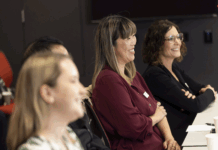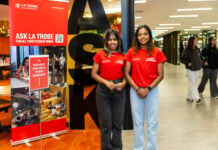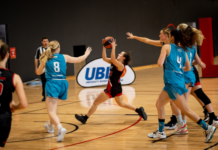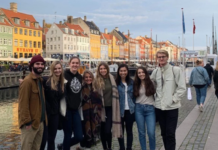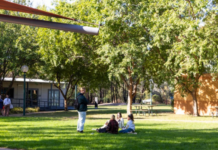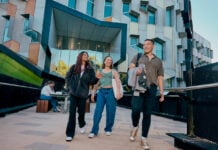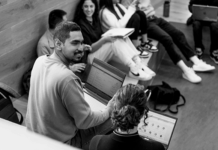Content note: This article references stigma and discrimination towards intersex people.
Intersex people are arguably the most poorly understood communities within the rainbow umbrella. This Intersex Awareness Day on 26 October, we want to help change this.
- Intersex people are a normal part of human diversity
Intersex people have innate variations of sex characteristics (like body parts, genitals, chromosomes) that do not fall within societal norms for ‘male’ and ‘female’. People with intersex variations exist across all nations and cultures and intersex variations occur across most animal species. - Intersex is different to gender
Like endosex (non-intersex) people, intersex people can be any gender, or have any sexual orientation. In practice, this means someone could refer to themselves as a ‘bi intersex woman’, a ‘heterosexual intersex male’, or a ‘non-binary intersex person’. Being intersex does not automatically make someone a non-binary gender. - You probably know someone who is intersex
When we don’t collect inclusive data, it’s difficult to make accurate estimations of how many intersex people exist in the world. Secrecy, stigma, lack of recognition and varying definitions cause additional barriers. Current estimates of intersex population size sits at between 0.3% and 1.7%. At the upper end, this would make intersex people about as common as people with naturally red hair!
There is no one way to tell if someone is intersex. In fact, some people don’t find out they are intersex until much later in life.
Want to know more?
A good starting point is this animated video: Let’s talk about intersex
You can also check out InterAction’s page Intersex for Allies: Intersex for allies – InterAction
A full list of activities happening in Australia this Intersex Awareness can be found here: Intersex Awareness Day Guide – InterAction
We strongly encourage everyone to read and affirm The Darlington Statement, a 2017 joint consensus statement by Australian and Aotearoa/New Zealand intersex organisations about their challenges, priorities and needs.
Get support
If this article has raised issues for you, please don’t hesitate to get in contact with our free and confidential wellbeing services for students: La Trobe Wellbeing Services
InterLink provides mental health and wellbeing peer support and navigation to people with innate variations of sex characteristics and their families: InterLink – Wellbeing Support


